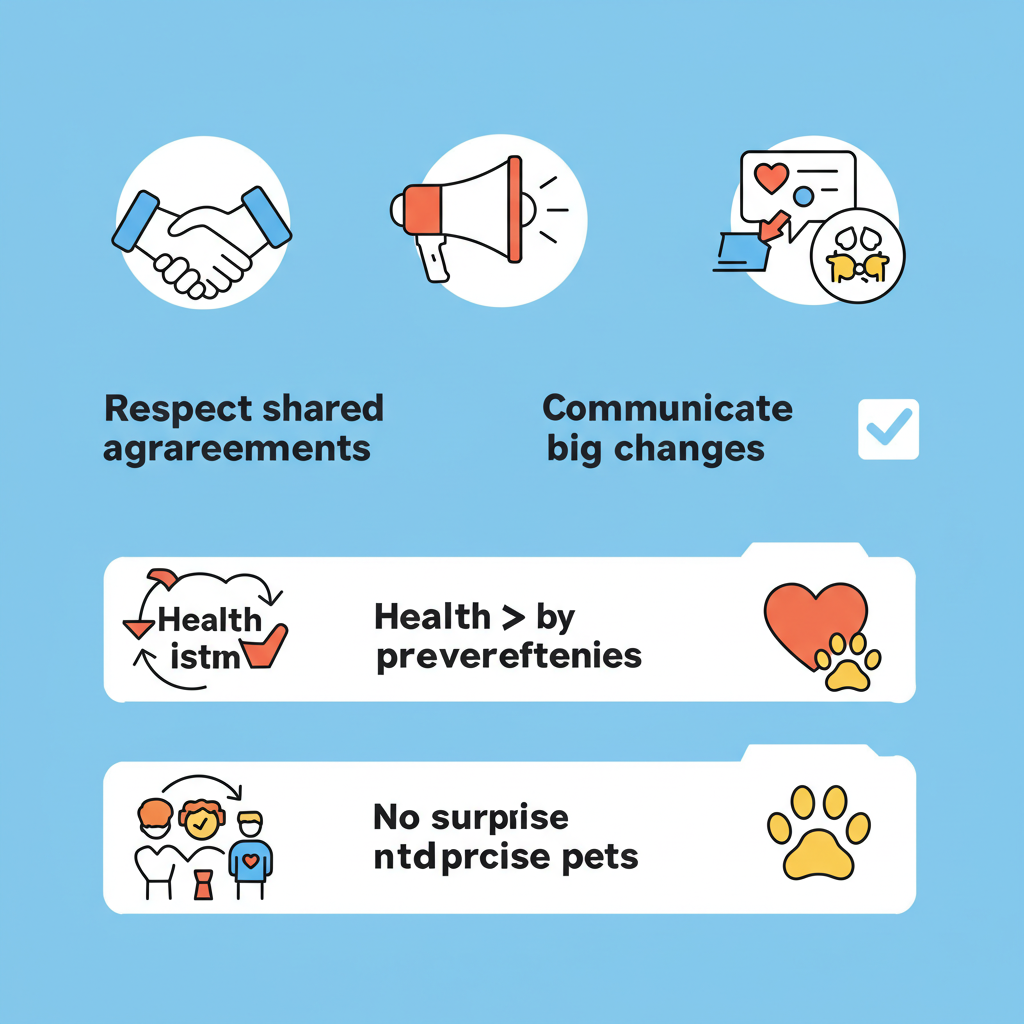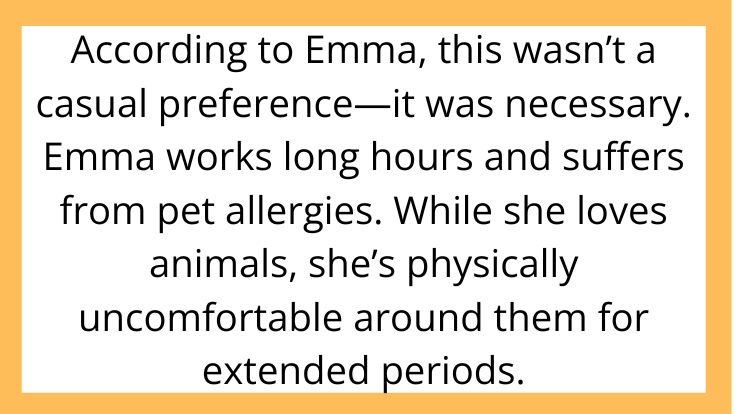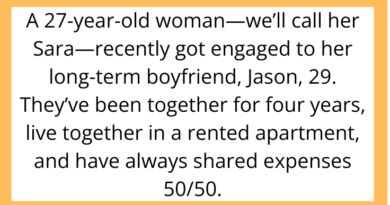AITAH for Kicking Out My Roommate After She Adopted a Dog Without Asking Me?
Living with roommates comes with its fair share of compromises—shared spaces, bills, and responsibilities. But what happens when one roommate makes a major decision without consent, and it affects everyone else in the household? In this AITAH scenario, we explore whether one tenant was justified in asking her roommate to leave after an unexpected addition: a dog.
The Background: A Peaceful Living Situation—Until It Wasn’t

The original poster, a 26-year-old woman (we’ll call her Emma), had been living with her roommate Jess for nearly two years. Their arrangement was solid: they split rent, respected each other’s space, and had a clear agreement about big decisions—especially those involving shared living conditions.
One such rule? No pets without mutual agreement.
According to Emma, this wasn’t a casual preference—it was necessary. Emma works long hours and suffers from pet allergies. While she loves animals, she’s physically uncomfortable around them for extended periods.
The Conflict: Jess Brings Home a Dog Without Warning

One Friday evening, Emma returned home to find a large golden retriever in the living room. Jess was all smiles and introduced the dog as “Max,” her new rescue. She had adopted him that morning.
Emma was stunned. There had been no discussion, no heads-up—just a text earlier in the day that said, “I have a surprise.”
Emma reminded Jess of their agreement, expressing that this wasn’t okay. Jess, however, dismissed her concerns, insisting that Max was well-trained, quiet, and hypoallergenic (he wasn’t). She believed Emma would “adjust” and eventually fall in love with the dog.
But over the next week, Emma’s allergies worsened. She found herself wheezing at night, sneezing constantly, and unable to concentrate while working from home. Max also chewed on furniture and barked during Zoom meetings.
After repeated attempts to ask Jess to find another solution—like rehoming Max or moving him to a friend’s house—Emma gave an ultimatum: the dog had to go, or Jess did.
Jess chose to leave and then blasted Emma to mutual friends for being “heartless” and “anti-animal.”
Internet Reactions: Was Emma Too Harsh?

Reddit’s r/AITAH community quickly jumped in with their opinions, and the verdict was mostly in Emma’s favor.
Why Emma Isn’t the Villain
-
Broken Agreement: The no-pet rule was clear and mutually agreed upon. Jess violated that.
-
Health Comes First: Allergies aren’t just preferences—they’re medical issues. Emma’s discomfort wasn’t negotiable.
-
Lack of Respect: Jess made a major lifestyle decision without considering her roommate’s needs or space.
One commenter wrote, “You don’t surprise a roommate with a living creature. That’s not a gift—it’s a responsibility.”
Some Pushback: Could Emma Have Handled It Differently?
A few users suggested Emma could have been more flexible. Perhaps given Jess more time to find housing, or looked into hypoallergenic solutions. But even those comments acknowledged that Jess’s decision was out of line.
“This wasn’t about disliking dogs—it was about being blindsided and ignored,” one user summarized.
Roommate Etiquette: What’s Fair in Shared Spaces?

This story brings up important questions about shared living boundaries:
-
Should major decisions be made together? Yes. Cohabitation requires collaboration.
-
Are personal health needs more important than lifestyle choices? Often, yes—especially when someone’s well-being is at stake.
-
Is it fair to kick someone out over one issue? It depends on the issue—and in this case, it was more than just “one issue.” It was a broken agreement and ongoing discomfort.
Lessons Learned: Boundaries, Consent, and Communication

Emma’s story is a prime example of why setting and respecting boundaries in shared living situations is essential. Even if intentions are good, ignoring a roommate’s consent is a breach of trust.
Jess may have loved her new dog, but she prioritized that affection over Emma’s health and the terms of their arrangement. Emma wasn’t being cruel—she was protecting her well-being and holding someone accountable.
Final Verdict: Not the Villain

Most commenters agreed that Emma was not the villain. Jess’s unilateral decision disrespected their agreement and forced Emma into an uncomfortable—and ultimately, unlivable—situation.
Pets are a long-term commitment. So are leases and shared housing. When those two commitments conflict, communication and consent must come first.



